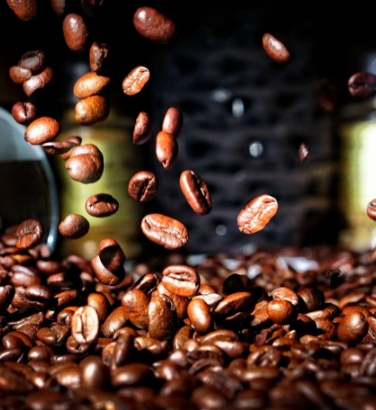Verticals From 2024 to 2033

General

Pulses
Pulses are the grains (dry fruit) of legume plants. Used widely as protein for humans, grazing livestock fodder and fermentation.

Soya Beans
A type of legume/pulse used to make soya milk, tofu and soya sauce. Rich in protein and edible oil. Demand has grown in recent years as livestock feed.

Sesame Seeds
Sesame seeds have the highest vegetable oil content of all seeds- making it a rich flavor in many cuisines. Used heavily by McDonald's and fast food restaurants.

Cashew Nuts
High in fat and protein - can be used as a dry fruit or as an ingredient to add flavor. A high-end cash crop produced in low altitude, hot areas with both a wet and dry
Speciality

Coffee
Green coffee is produced in gentle weather in 'high- altitude areas before being sent to sales locations for roasting. Demand is increasing coffee has as overtaken tea productions protein for humans, grazing livestock fodder and fermentation.

Cocoa
Cocoa is used to make chocolate. Native to South- America, but now the biggest producers are Ivory Coast and Ghana

Avacado
Avocados as fruits of the berry category (like tomatoes and cherries). Rich in fat, carbohydrates and vitamins. Used to enrich vegetarian foods.
Essential

Sugar
Sugar is the world's biggest agricultural commodity by sales volume. Started in India as "shakkar+gana" now sugarcane - plants. Produced in many tropical countries.

Rice
Rice is the 3rd most produced crop in the world by volume (after sugarcane and maize), but the highest by economic value. A staple daily diet in China, India and South-East Asia.

Wheat
The 2nd most produced crop worldwide by volume and economic value. It is growing fast due to additional uses as animal/livestock feed and corn starch (used to thicken sauces/syrups).

Maize
The 4th most produced crop, but the highest in terms of land area used for production. Uses are expanding to the use of wheat in gluten-based processed food that can be stored and sold in a variety of modified food products.